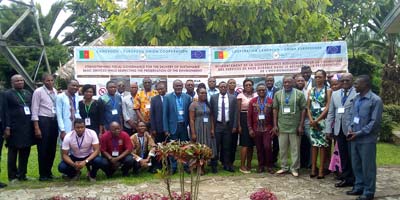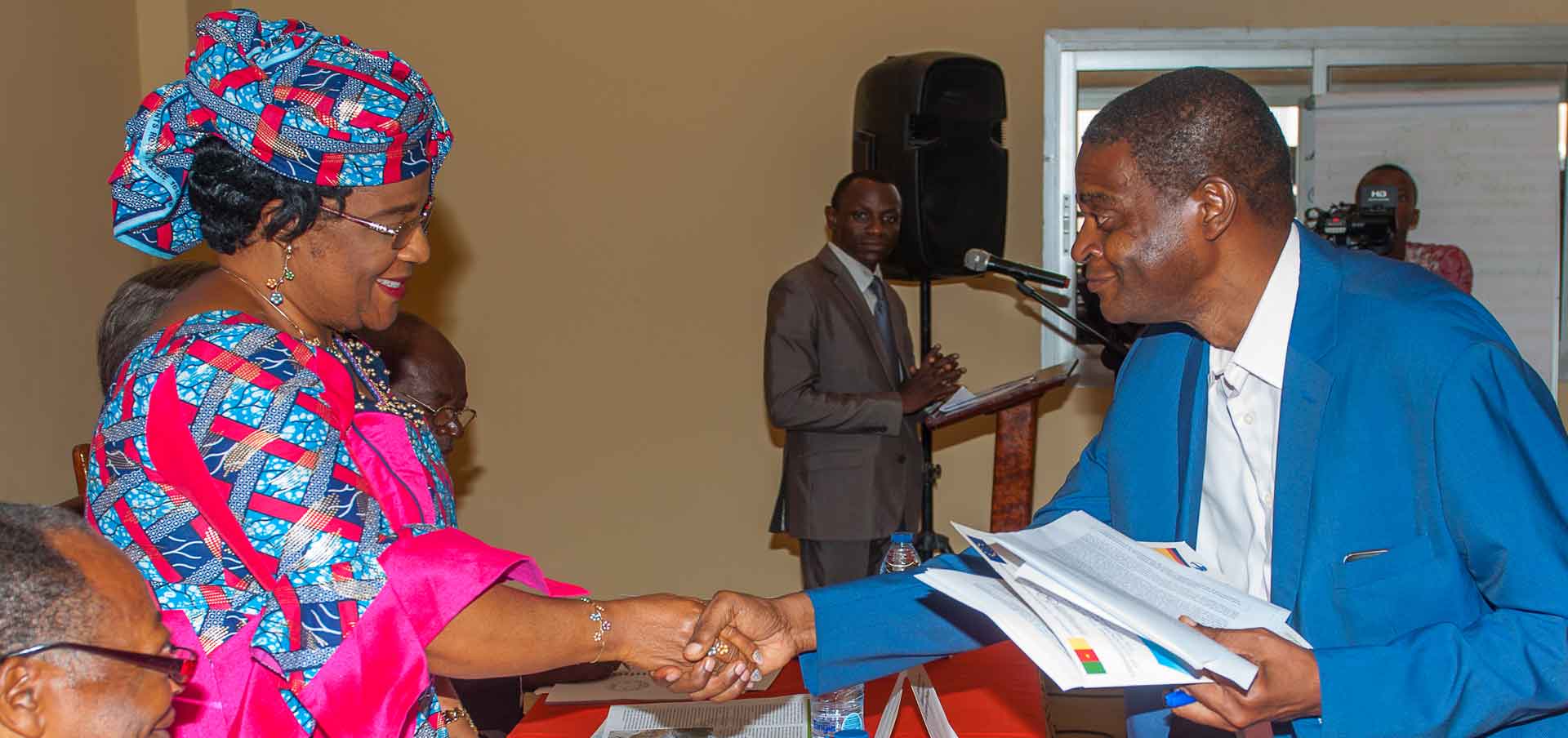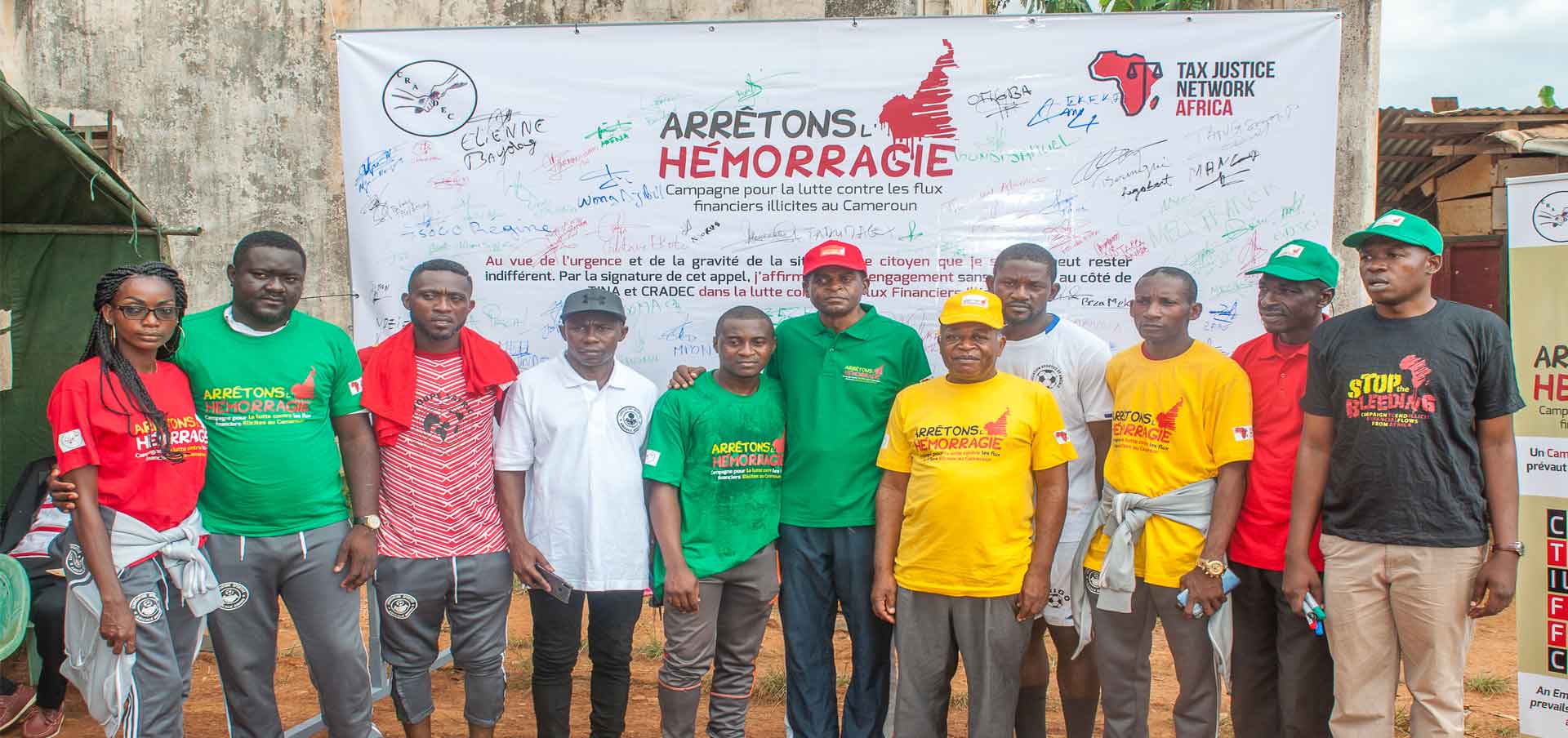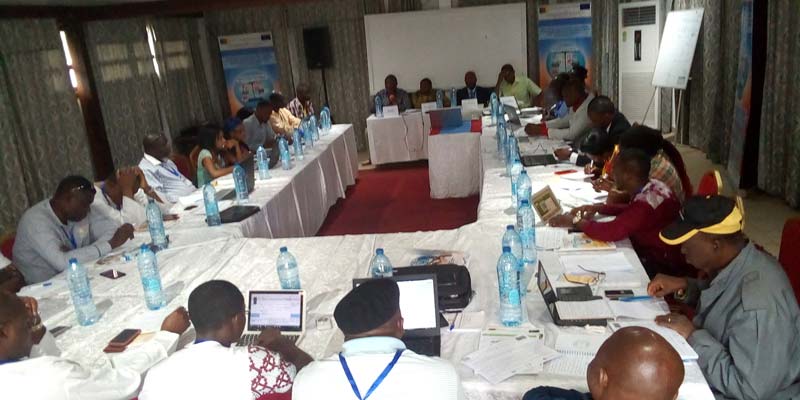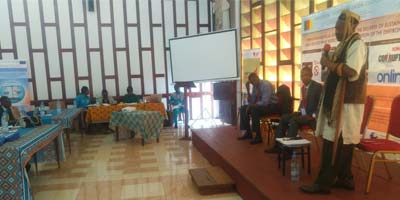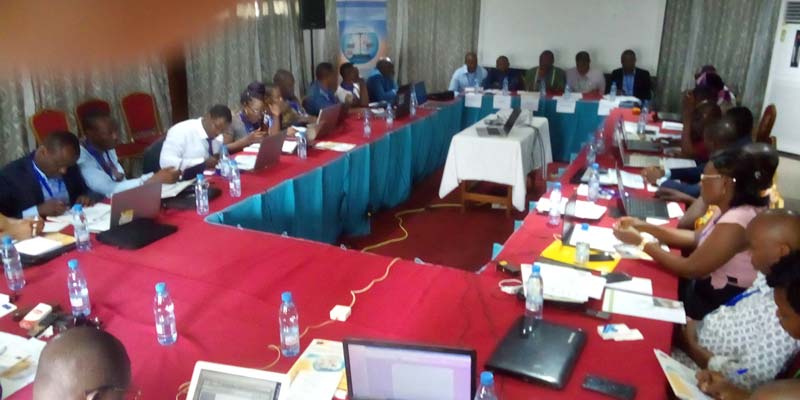In February 2009, the heads of state and government on the African continent adopted the African Mining Vision (AMV) to serve as a roadmap for Africa in order to maximize the development results of mineral resources in the continent. The vision, supported by its action plan for its implementation, is motivated by a disconcerting observation that, although African countries have significant mineral resources, they rank among the poorest in the world. Poor governance of minerals has ripple effects and can often be a clear reflection of the overall weakness of governance in a country. As a result, and given the finite nature of these mineral resources, the overall objective of the AMV is to promote a sustainable and well-governed mining sector that earns and deploys income effectively and that is safe, healthy, gender-based and ethically inclusive, environmentally friendly, socially responsible and valued by communities affected by mines. This shared vision will include an African mining sector:
• Based on knowledge catalyst and contributing to broad growth and development which is fully integrated into a common African market through:
o Downstream interdependence in mineral beneficiation and production;
o Upstream interdependence of mining capital goods, consumables and service industries;
o Median interdependence in the field of infrastructure (energy, logistics, communications, water) and the development of skills and technologies (HRD and R&D);
o Mutually beneficial partnerships between the state, the private sector, civil society, local communities and other actors; and
o An exhaustive knowledge of the mining heritage.
• Sustainable and well governed which effectively produces and generates rents on resources, which is safe, healthy, takes into account gender and ethnicity, the environment, which is socially responsible and appreciated by the surrounding communities;
• Which is an integral part of a globally diverse, dynamic and industrially competitive African economy;
• Which has made it possible to create infrastructures through the maximization of its propulsive economic interdependence at local and regional levels;
• which optimizes and contains enormous finished mineral resources, which is diversified, integrating industrial metals of lower commercial value on large and small scale; and
• Who is a key player in the competitive and dynamic commodity markets on a continental and international scale.
The extractive industries sector in the VMA and Agenda 2063 is seen as the starting point for the African development process and effective management is therefore important. Unfortunately, several study reports have highlighted harmful business practices in which mining companies are involved such as transfer pricing; falsification of invoices in trade, etc. and their negative impacts on the raising of customs and tax revenue from public budgets, through Illicit Financial Flows.
At the national level, mining activities are governed by Law N° 2016/017 of 12/14/2016 on the Mining Code in Cameroon and the regulations relating thereto. This law sets out provisions relating to the tax system and income management in relation to communities bordering mining sites. In addition, it refers to the standards and rules of the EITI (Initiative for Transparency in the Extractive Industries), in which Cameroon is engaged.




